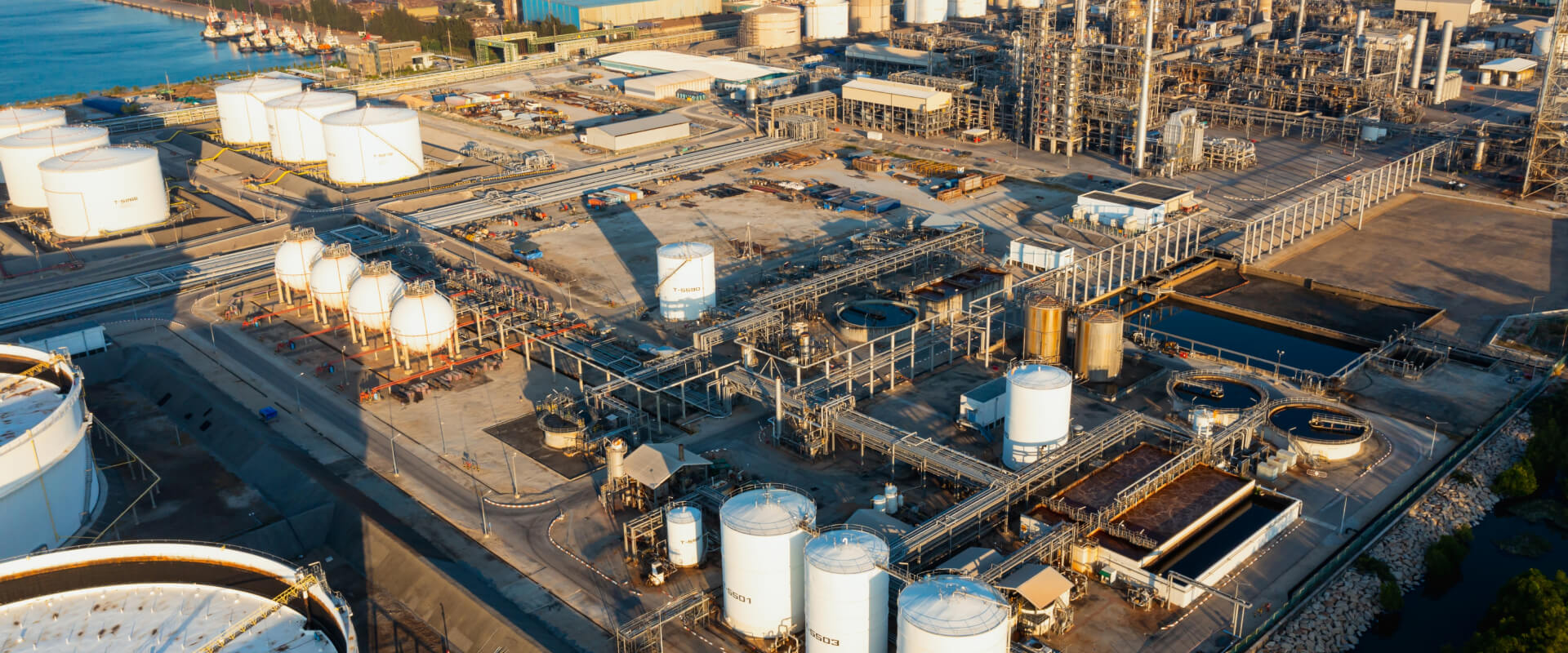The focus of oil production chemicals in oil fields is to address issues such as preventing production process disruptions and enhancing production efficiency and quality. Common problems faced in oil fields include frozen oil, scale buildup, corrosion, low oil quality (BS&W > 1%), and environmentally unsafe wastewater.
The following are types of oil field chemicals commonly used:
- Scale Inhibitor
Used to prevent scale buildup in pipes and equipment. These chemicals work by disrupting the mineral crystallization process that causes scale. - Corrosion Inhibitor
Protects metal equipment from corrosion by forming a protective layer that prevents chemical reactions between the metal and its environment. - Gas Corrosion Inhibitor
Specifically used to prevent corrosion caused by corrosive gases like H₂S and CO₂, which can accelerate metal damage in oil and gas systems. - Oxygen Scavenger
Removes dissolved oxygen in water that can cause corrosion. Unwanted oxygen can increase the corrosion rate on metals. - Biocide
Used to control the growth of microorganisms like bacteria and algae that can damage equipment and reduce oil and gas quality. - Demulsifier
Helps in separating oil and water emulsions formed during oil production. Poorly separated emulsions can reduce the quality of produced oil. - Reverse Demulsifier
Used to remove residual oil from wastewater, ensuring the water meets environmental standards before disposal or further treatment.
 Home
Home